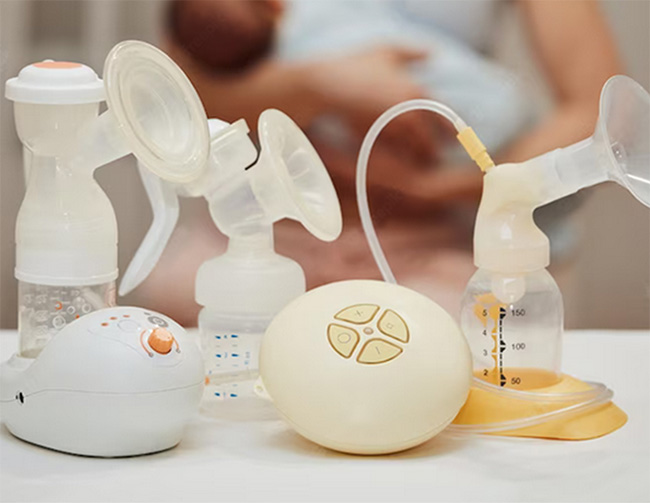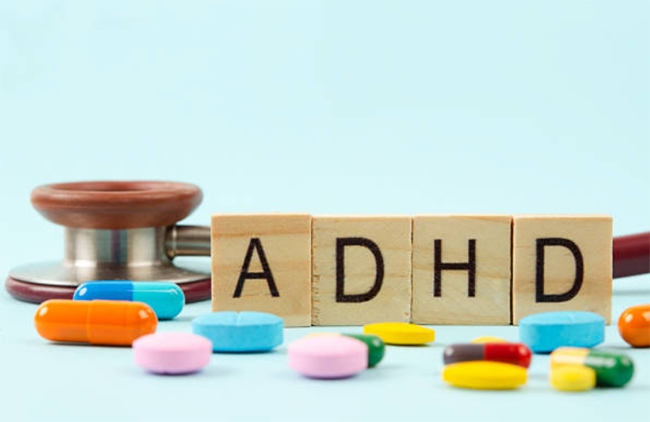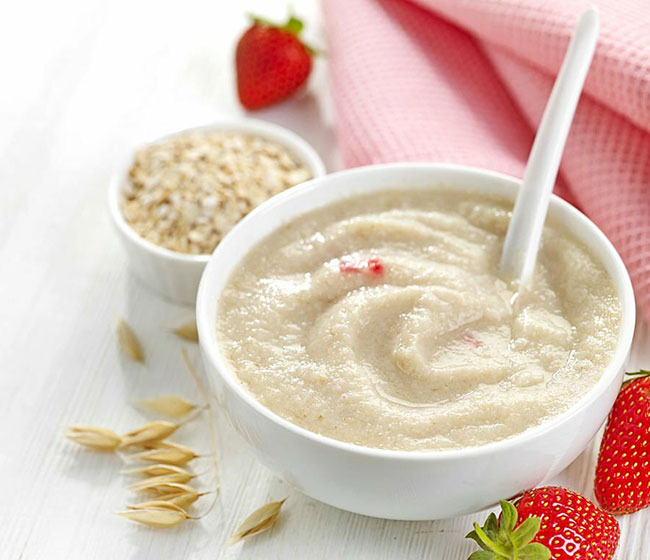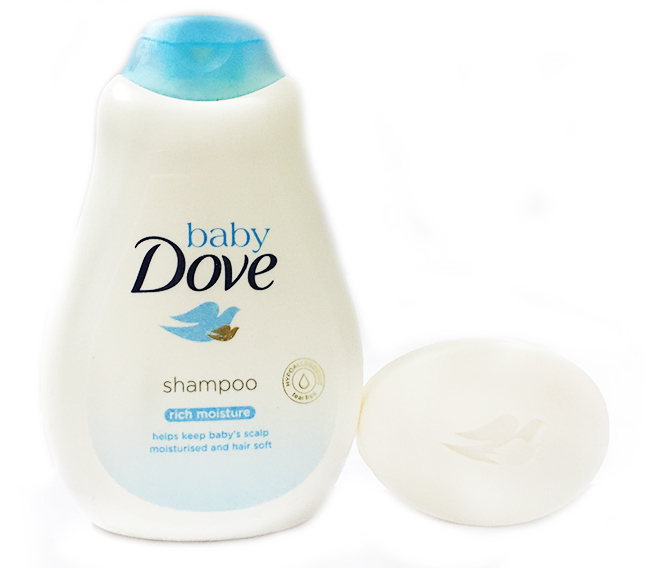Experts around the world unanimously recognize the importance of breastfeeding. The World Health Organization recommends that a child should be exclusively breastfed for the first six months of life, and then continue to be breastfed in addition to solid foods until at least two years of age. The benefits of breastfeeding are not only in the nutritional value of milk, breastfeeding protects the baby from infections, regulates and strengthens the physiological systems of mother and baby, and provides communication between them.
Benefits for Mom
Physical contact between mother and baby in the early postpartum period helps prolong lactation and may help the mother's gastrointestinal tract adjust to the increased energy expenditure of lactation.
Breastfeeding makes the mother more attentive to the needs of the baby, accelerates the contraction of the uterus after childbirth and reduces the risk of bleeding. In addition, it helps the mother regain her pre-pregnancy weight and reduces the risk of ovarian and breast cancer, cardiovascular disease, and type 2 diabetes.
Breastfeeding has a significant calming effect. During each feeding, the mother's blood pressure and cortisol levels decrease, and if physical stress occurs, the level of cortisol in a breastfeeding mother does not rise as much as in mothers who bottle feed babies.
Breastfeeding mothers are more likely to be calmer and more outgoing than other women of the same age who are not breastfeeding or pregnant. What's more, moms who had skin-to-skin contact immediately after giving birth spend more time with their babies, interact more with them while breastfeeding, and the breastfeeding process itself lasts longer.
Benefits for Babies
Breast milk provides both optimal nutrition (fats, lactose, proteins and essential nutrients) for the development and growth of the child, and complete protection against infections (at the level of biochemical and cellular components). Full-term breastfed babies gain weight faster, have a more mature gastrointestinal tract, and have a better developed nervous system; in addition, they are less susceptible to infections and chronic diseases compared to formula-fed children.
Preterm infants who are breastfed receive additional benefits, including reduced risk of necrotizing enterocolitis (NEC), adverse reaction to enteral feeding, chronic lung disease, retinopathy of prematurity, neurodevelopmental delays, and readmission to hospital.
Breastfeeding helps babies in many ways, including improving neurological development and behavioral characteristics, and reducing the risk of obesity and type 2 diabetes in adulthood.
In addition, breastfeeding stimulates the normal development of the baby's oral cavity, including improved bite, activity of the perioral and masticatory muscles, and development of the palate. Breastfeeding also reduces the risk of otitis media.
Breastfeeding also provides a close bond between mother and baby. Skin-to-skin contact and tactile stimulation of the nipples, including suckling, leads to the release of oxytocin, a critical component that triggers the natural milk production mechanism that creates a bond between mother and baby. The release of oxytocin improves circulation in the mother's breasts and nipples, raising skin temperature and giving the baby a feeling of warmth and care.

Choosing Breast Pumps - The Best Ones and How to Use Them Effectively
Breast pumps are invaluable tools that offer nursing mothers the flexibility to provide breast mi...

15 Rules for for Breastfeeding
Breastfeeding is a natural and beautiful way to nourish and bond with your baby. While it may com...

How to Handle Fatigue During Breastfeeding?
Breastfeeding gives your baby all the nutrients and nourishment required. That is pretty much unm...

Breastfeeding Problems and How to Deal with Them
For new mothers, it might be a shock to discover that breast feeding which is considered most bas...















